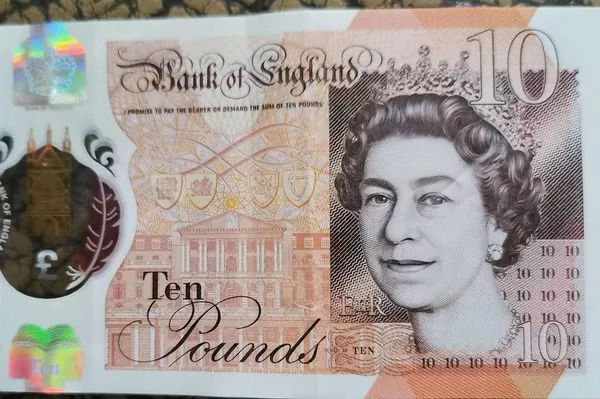The exchange rate between two major currencies, such as the pound sterling (GBP) and the United States dollar (USD), is a crucial factor in global trade and financial markets. The value of the pound to the dollar has far-reaching implications for businesses, investors, tourists, and policymakers alike. In this article, we will explore the factors influencing the GBP/USD exchange rate, how it is determined, its historical trends, and the economic consequences associated with its fluctuations.
1. Understanding Exchange Rates:
Exchange rates represent the value of one currency relative to another. They are influenced by several factors, including interest rates, inflation, economic growth, geopolitical events, market sentiment, and monetary policies. Fluctuations in exchange rates reflect the supply and demand dynamics of currencies in the foreign exchange market.
2. Determinants of GBP/USD Exchange Rate:
Interest Rates: Diverging interest rate policies between the Bank of England (BoE) and the Federal Reserve (Fed) can impact the GBP/USD exchange rate. Higher interest rates in one country tend to attract capital flows, strengthening the respective currency.
Economic Indicators: Economic indicators such as GDP growth, inflation, employment data, and trade balances influence exchange rates. Stronger economic performance and positive data can enhance the value of a currency.
Political Stability: Political stability plays a crucial role in determining a currency’s value. Uncertainty or instability can lead to capital flight, lowering the value of the affected currency.
Market Sentiment: Market sentiment, driven by investor confidence and risk appetite, affects currency valuations. In times of uncertainty, investors often seek safe-haven investments, such as the USD, leading to a stronger dollar.
3. Historical Trends:
The GBP/USD exchange rate has experienced significant volatility over the years. Historically, the pound has been a strong currency due to the United Kingdom’s robust economy and London’s status as a global financial hub. However, events such as the Brexit referendum in 2016 led to a prolonged period of uncertainty, causing significant depreciation in the pound.
4. Economic Consequences:
Trade: Exchange rate movements impact international trade by affecting export and import competitiveness. A weaker pound against the dollar can make UK exports more attractive but increase the cost of imports, potentially leading to trade imbalances.
Inflation: Exchange rate fluctuations influence import prices, which, in turn, affect inflation rates. A depreciating pound may lead to higher inflation as imported goods become more expensive.
Investment: Exchange rate volatility can impact investment decisions, particularly for foreign investors. A stable exchange rate enhances investor confidence and encourages capital inflows.
Tourism: Exchange rates play a crucial role in determining the affordability of travel. A stronger pound relative to the dollar makes the UK an attractive destination for US tourists, while a weaker pound may discourage travel.
5. Managing Currency Risk:
Businesses engaging in international trade often face currency risk. They can mitigate this risk through various strategies, such as hedging, forward contracts, and diversification.
Conclusion:
The value of the pound to the dollar is a vital aspect of global economics, impacting trade, investments, tourism, and inflation. Understanding the factors influencing the GBP/USD exchange rate and monitoring its trends is essential for businesses, investors, policymakers, and individuals alike. While exchange rates are subject to various economic and geopolitical factors, proactive management of currency risk can help mitigate potential adverse effects and capitalize on opportunities presented by currency fluctuations.


